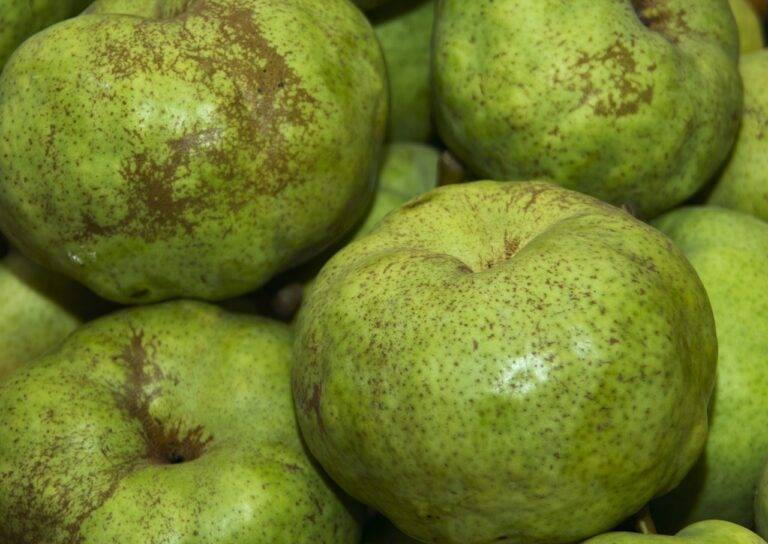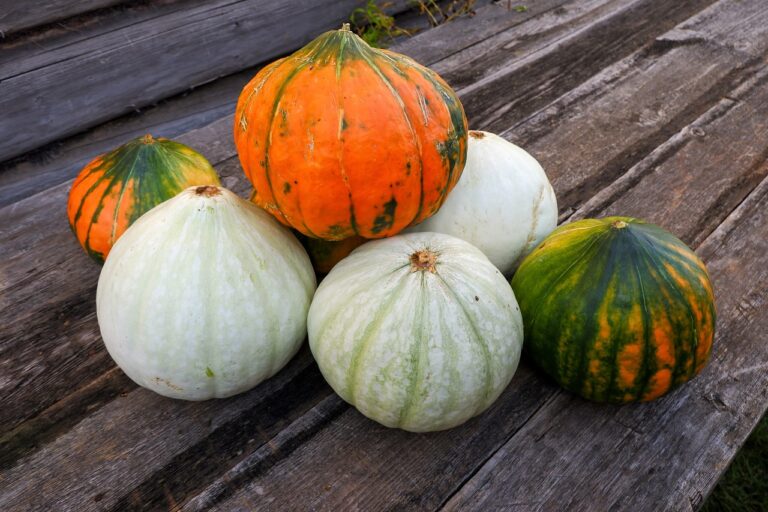Innovations in Organic Pesticides for Sustainable Farming: Betbook 247 com, Radhe exchange id, My laser 247 login
betbook 247 com, radhe exchange id, my laser 247 login: Organic farming is becoming increasingly popular as consumers become more aware of the harmful effects of conventional pesticides on the environment and human health. With the growing demand for organic produce, farmers are constantly looking for innovative solutions to protect their crops from pests while maintaining sustainable farming practices. In recent years, there have been significant advancements in the field of organic pesticides, offering farmers effective alternatives to synthetic chemicals. In this article, we will explore some of the latest innovations in organic pesticides that are revolutionizing sustainable farming.
Natural Biopesticides: Harnessing the Power of Nature
One of the most significant advancements in organic pesticides is the development of natural biopesticides. These products are derived from natural sources such as plants, bacteria, and fungi, and are highly effective in controlling pests while minimizing harm to the environment. Natural biopesticides work by disrupting the life cycle of pests, repelling them, or acting as toxins when ingested. Unlike synthetic pesticides, natural biopesticides break down quickly in the environment, reducing the risk of pollution and harmful residues in crops.
Biopesticides can be target-specific, meaning they only affect certain pests without harming beneficial insects or other organisms. This precision in targeting pests makes biopesticides a valuable tool for integrated pest management strategies, where farmers combine different pest control methods to minimize the use of chemicals. With ongoing research and development, natural biopesticides are becoming increasingly diverse and effective, offering farmers a wide range of options for pest control in organic farming.
Essential Oils: Aromatic Solutions for Pest Control
Essential oils have long been used for their aromatic properties, but recent studies have shown that many essential oils also have powerful insecticidal and repellent properties. Essential oils such as neem oil, peppermint oil, and citronella oil are widely used in organic farming to control pests and protect crops. These oils work by disrupting the nervous system of pests, repelling them, or interfering with their ability to reproduce. Essential oils are biodegradable and pose minimal risk to the environment, making them a sustainable alternative to synthetic pesticides.
In addition to their insecticidal properties, essential oils have other benefits for plants, such as promoting growth, improving soil health, and enhancing the flavor of fruits and vegetables. By harnessing the power of essential oils, farmers can protect their crops from pests while promoting overall plant health and sustainability. With ongoing research into the use of essential oils in pest control, the potential for innovative solutions in organic farming is vast.
Microbial Inoculants: Harnessing Beneficial Microbes for Pest Control
Microbial inoculants are another innovative approach to pest control in organic farming. These products contain beneficial microbes such as bacteria, fungi, and protozoa that help plants resist pests and diseases. By enhancing the natural defense mechanisms of plants, microbial inoculants can improve crop health and reduce the need for chemical pesticides. Beneficial microbes can compete with harmful pathogens for resources, produce antimicrobial compounds, and stimulate the plant’s immune response, making them a powerful tool for sustainable pest management.
Microbial inoculants are applied to the soil or plant surfaces, where they establish a beneficial relationship with the plant and help it thrive in challenging conditions. Research has shown that microbial inoculants can improve crop yields, enhance soil fertility, and reduce the incidence of pests and diseases. By harnessing the power of beneficial microbes, farmers can achieve long-term pest control solutions that are environmentally friendly and sustainable.
Biological Control Agents: Natural Predators for Pest Management
Biological control agents are organisms that prey on or parasitize pests, providing a natural and sustainable solution to pest management. Predatory insects such as ladybugs, lacewings, and parasitic wasps are commonly used in organic farming to control pests such as aphids, caterpillars, and mites. By introducing these natural predators into the crop environment, farmers can reduce pest populations and protect their crops without the use of chemical pesticides.
Biological control agents are a key component of integrated pest management strategies, where farmers combine biological, cultural, and physical control methods to manage pests effectively. By promoting a balance between pests and their natural enemies, farmers can maintain healthy ecosystems in their fields and reduce the need for synthetic chemicals. Biological control agents offer a sustainable and environmentally friendly approach to pest management, ensuring the long-term health and productivity of organic farms.
Plant Extract Formulations: Traditional Remedies for Modern Pest Problems
Many traditional plant extracts have been used for centuries for their medicinal and insecticidal properties, and recent research has validated their effectiveness in controlling pests in agriculture. Plant extract formulations derived from plants such as garlic, chili, and tansy are being developed as organic pesticides that are safe, sustainable, and effective. These natural extracts contain compounds that repel or kill pests, disrupt their behavior, or interfere with their reproduction, providing farmers with a potent tool for pest control.
Plant extract formulations are biodegradable and pose minimal risk to non-target organisms, making them a valuable alternative to synthetic pesticides. By harnessing the power of nature’s own remedies, farmers can protect their crops from pests while maintaining the integrity of their organic farming practices. With ongoing research into the use of plant extracts in pest management, the potential for innovative solutions in organic farming is limitless.
FAQs
Q: Are organic pesticides as effective as synthetic pesticides?
A: Organic pesticides can be highly effective in controlling pests when used correctly and as part of an integrated pest management strategy. While organic pesticides may not always provide immediate results or target a broad spectrum of pests, they offer a sustainable and environmentally friendly alternative to synthetic chemicals.
Q: Do organic pesticides pose risks to human health?
A: Organic pesticides are generally safer for human health compared to synthetic pesticides, as they are derived from natural sources and break down quickly in the environment. However, it is essential to follow safety guidelines when applying organic pesticides and to minimize exposure to these products.
Q: Can organic pesticides harm beneficial insects?
A: Organic pesticides such as natural biopesticides and biological control agents are often target-specific, meaning they only affect certain pests without harming beneficial insects. By using precise and targeted pest control methods, farmers can protect beneficial insects and maintain a healthy ecosystem in their fields.
Q: How can farmers incorporate organic pesticides into their pest management strategies?
A: Farmers can integrate organic pesticides into their pest management strategies by combining different pest control methods such as biopesticides, essential oils, microbial inoculants, biological control agents, and plant extract formulations. By diversifying pest control tactics and promoting natural solutions, farmers can effectively manage pests while minimizing the use of chemical pesticides.







